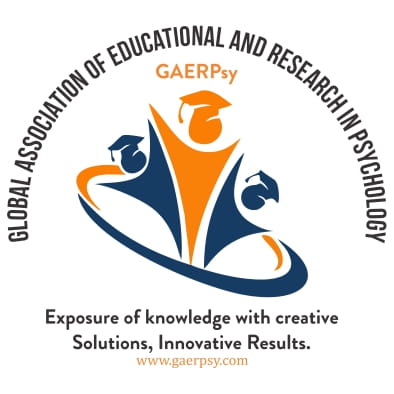IJSSE ABSTRACTS
DOI:
https://doi.org/10.38140/ijsse.v1i1.1633Keywords:
Comprehensive sexuality education, Gender norms , Gender equalityAbstract
The IJSSE is a double-blind, peer-reviewed, fully open-access journal providing an advanced platform and opportunities for sexuality education-related research outputs. The editorial board welcomes empirical, conceptual, academic, and theoretical articles critically analysed and interpreted in all its holistic approach to Sexuality education: Sexuality comprehensive education, challenges of learners or students within the school context. The IJSSE approaches manuscripts related to the operational guidance for Comprehensive sexuality education. For example, these are based on all individuals' values and human rights as a core component, not an add-on. Thorough and scientifically accurate information about human rights, gender norms, and power in relationships (including consent and decision-making, sexual coercion, intimate-partner and gender-based violence, and sexual diversity); the body, puberty, and reproduction; relationships, communication, and decision-making; and sexual health (including STIs/HIV and AIDS, unintended pregnancy, condoms, and contraception, and how to access health and other support services). It focuses on gender (gender norms and gender equality) as a stand-alone topic and is also infused across other comprehensive sexuality education topics; moreover, such gender content dovetails with efforts to keep girls in school and to promote an egalitarian learning environment. It deals with a safe and healthy learning environment. It consists of effective participatory teaching approaches that help learners personalize information and strengthen their communication, decision-making, and critical thinking skills. It is a youth advocacy and civic engagement in program design, empowering learners beyond the curriculum as agents in their own lives and community leaders. It focuses on cultural appropriateness, tailored as needed for distinct subpopulations. The scholarly articles must be prepared, treated, and interpreted with the same academic rigor expected of academic research.
References
Dube, S. (2025). Exploring teachers’ experiences on the women's representation in the school’s governance at secondary schools in the Thabo Mofutsanyane district, South Africa. International Journal of Studies in Sexuality Education, 1(1), 8-16. https://doi.org/10.38140/ijsse.v1i1.1349
Mukau, K., & Kufakunesu, M. (2025). Beyond the abstinence Mantra: Attitudes of parents towards comprehensive sexuality education in Zimbabwe. International Journal of Studies in Sexuality Education, 1(1), 1-7. https://doi.org/10.38140/ijsse.v1i1.1347
Mweli, P., & Mphahlele, M. (2025). Exploring experiences and challenges LGBT grade 11 learners faced at South African schools. International Journal of Studies in Sexuality Education, 1(1), 17-24. https://doi.org/10.38140/ijsse.v1i1.1436
Zambezi, F. (2025). Causes of learners’ misbehaviours at primary schools in the Makonde district, Zimbabwe: A stakeholders’ concerns. International Journal of Studies in Sexuality Education, 1(1), 25-32. https://doi.org/10.38140/ijsse.v1i1.1623
Additional Files
Published
How to Cite
Issue
Section
License
Copyright (c) 2025 Kananga Robert Mukuna

This work is licensed under a Creative Commons Attribution-NonCommercial-NoDerivatives 4.0 International License.






